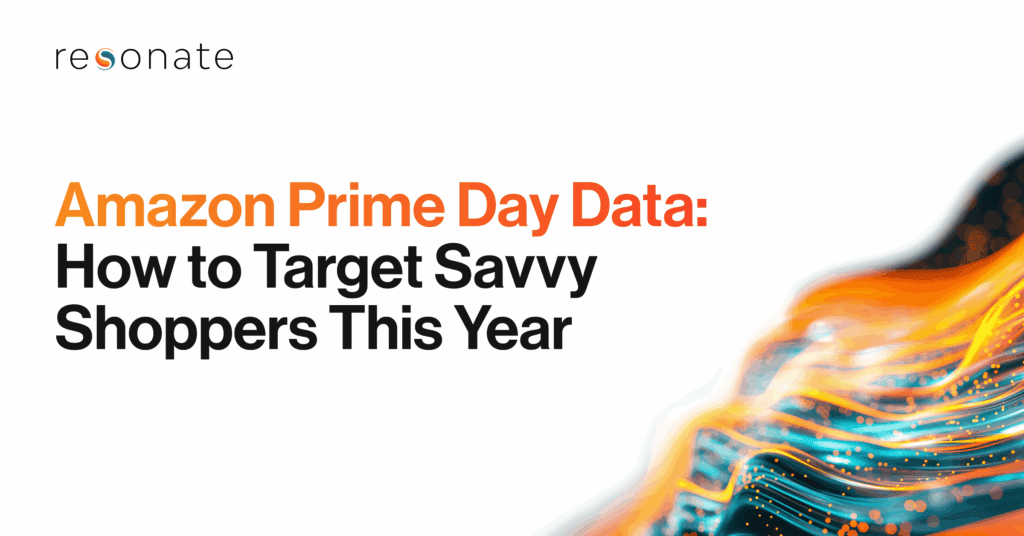Outdated voter files don’t paint a true picture of the American electorate. What can both Democrats and Republicans learn after 2020 to connect with Independents and moderates?
Voter turnout is way up, even from the Obama years. Are Republicans doomed?
The short answer, no. Despite President Trump declaring just a few months before the election that such high voting levels would take Republicans out of the Oval forever.
While they lost the Presidency, Republicans made critical gains in the U.S. House that cut into the opposition’s majority. They also held onto their Senate majority (for now) by winning prized battleground races in places like Maine and South Carolina, despite formidable challengers with record dollars.
The fact is, the eligible electorate is growing rapidly and the act of voting is evolving to be more user friendly, like so many of our other traditional habits do over time. Republicans might as well throw in the towel if they subscribe to traditional thinking that says high turnout equals the party’s demise. But they’re not going to do that, and they don’t have to. There’s reason to stay in the fight for the popular vote, once commanded by George W. Bush and Ronald Reagan. Here’s one of them:
Online behavior shows Trump had a problem with Independents, a Republican must-have
The Resonate Ignite platform enables us to leverage AI technologies to analyze an online audience of 200 million eligible U.S. voters. Based on a combination of proprietary survey research and online behavioral algorithms, we can see the political party that online Americans are currently identifying with, accounting for individual-level shifts in affiliations and loyalties that naturally occur in 24/7 media cycles. Do you know anyone who made a change this year? Our platform would have likely picked up that user’s political sentiment shift as it began to unfold in their online activity.
When looking at the country as a whole, our models show that online Democrats far outpace Republicans by a margin of roughly 25 million (88M D vs. 63M R). However, what’s interesting is that there’s roughly 59 million users whose device behavior indicates that they identify as Independents, rather than with one of the parties. So, that means we have an online Independent universe of eligible voters that’s just 4 million users shy of the entire Republican universe, compared to 29 million less than the Democratic segment.
This real-time intelligence of the eligible U.S. online electorate shows that much more than Democrats, Republicans need to work on motivating, persuading, and winning Independents if they have goals of winning the popular vote again.
Democrats have the advantage of having a more robust base of affiliates, so it’s absolutely critical for Republicans to truly understand what values and motivations will move Independents to support their party, and have the technology to track those shifts as they occur in order to optimize messaging, strategy, and keep score throughout campaign lifecycles.

Source: Resonate Ignite Platform, November 2020
Beyond just party affiliation, the Resonate platform analyzes online users based on thousands of other personal and political attributes. For example, when looking at online eligible Independents (59M), we see that 90% of this entire audience had the same or a worse opinion of President Trump as a result of the coronavirus situation. Comparatively, 80% had either a better or the same opinion of Joe Biden.
When it came to candidate support, if we narrow the eligible Independent universe to self-identified registered Independent voters (37M), Biden had a commanding 14% lead.

Source: Resonate Ignite Platform, November 2020
Additionally, amongst these same registered Independents online, 33% of this entire audience (or roughly 12M) were primarily motivated to vote this year to remove Trump and his allies from Congress. For an audience that’s fiscally and socially moderate on most issues, which means it should be up for grabs, these are all tough data points in the context of the Republican popular vote and narrowing the broad affiliation gap between the parties.
So where do Republicans go from here? They can start with developing the deepest human-level understanding of eligible voters who self-identify as politically independent and leverage that data to craft messaging and targeting that welcomes these users to the party.
When looking across over 14,000 individual-level attributes on the online Independent eligible universe, we see these are Americans that are 16% more likely to be self-reliant, preferring to solve problems themselves rather than depend on others. That’s not a bad starting insight for the party of conservatism.
For political attributes, we see these online Independents are more distrustful of the mainstream media, support candidates based on environmental policies, supporters of unions, and oppose deploying troops to advance U.S. foreign policy.

Source: Resonate Ignite Platform, November 2020
Do Democrats have a messaging problem?
Again, the short answer is not really. While Democrats lost some seats in the U.S. House, they won the electoral college and commandingly won the popular vote that mirrors the Obama 2012 margin. And as mentioned above, when looking at the online data, over 25 million more eligible voters online identify as Democrat over Republican. This makes it tough to argue that the party has a fundamental issue with national persuasion and messaging.
However, after the election, reports were made that some battleground Democrats were not happy with their party’s messaging platform, which they believed made a hard left and left them to fend for themselves in moderate districts. Even former Democratic presidential contender, Andrew Yang, said the party needs to broaden its messaging to appeal to Middle America. Liberal media star, Bill Maher, also did a bit that’s largely unquotable, but in essence made the same points.
The reality is, Democrats have an incredibly diverse and massive eligible electorate that identifies with their party. But at a personal level, there’s hundreds of reasons individuals will say they’re a Democrat. Maybe it’s a specific policy position, a value or life stage insight, or a breaking current event that’s driving their political loyalty. Communicating to this audience of nearly 88M (online eligible voters identifying as Democrat in Resonate platform) with universal messaging is just impossible.
This is why campaigns work with Resonate. Our AI-driven segmentation capabilities enable campaigns to go directly from voter research to online targeting using a singular consistent data set for more precise, personalized messaging opportunity at scale.
Interested in learning more? Request a demo or give us a call at 855.855.4320.



